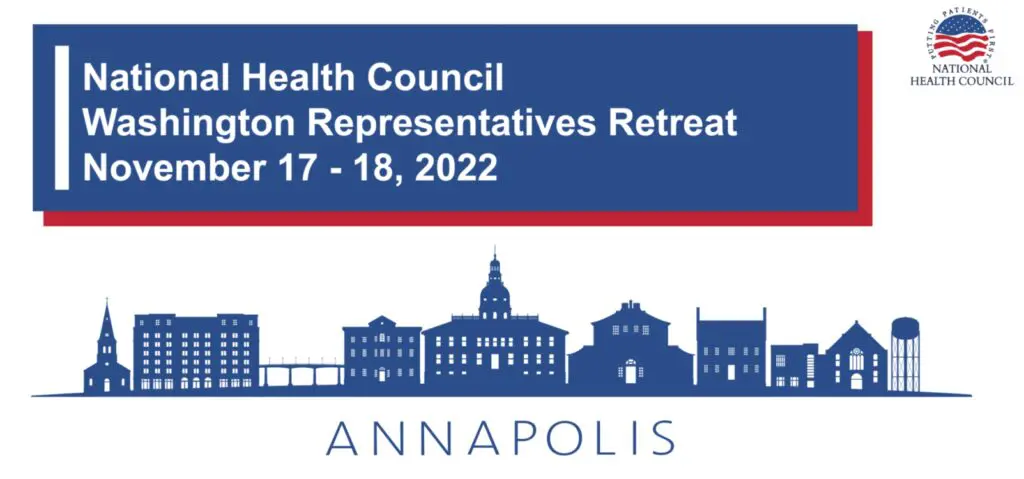

Patient Community Urges Congress to Extend ACA Premium Subsidies
By: Allen Pinn, Coordinator, Policy
Expanding access to health care coverage is a cornerstone of Putting Patients First ™. Since its first year in 2014, the Affordable Care Act (ACA) has included tax credits to help lower the cost of health insurance purchased in the Marketplaces. Initially, individuals earning between 100% and 400% of the federal poverty level (FPL) were eligible for tax credits, and the lower the income level, the higher the amount of tax credits they would receive. The total amount a person would pay for premiums is capped as a percentage of their income.
In 2021, Congress passed the American Rescue Plan, which made two temporary, but major changes to the tax credits: it increased the amount of the tax credit and extended the eligibility for the tax credits to those earning beyond 400% FPL. These enhanced tax credits were set to expire in 2022; however, Congress extended these enhanced tax credits again, this time through 2025 under the Inflation Reduction Act
Because of these credits, a record number of Americans are now able to purchase high-quality, affordable health insurance. More than 21 million Americans now have coverage through the ACA marketplaces. Eighty percent of people can now find coverage through the ACA marketplace for less than $10/month. This includes people with pre-existing conditions who, prior to the passage of the ACA, could be locked out of comprehensive coverage that met their medical needs.
If legislative action is not taken, the tax credits will expire by the end of 2025, greatly increasing the amount many people will have to pay to purchase ACA Marketplace plans. The tax credits have made significant strides in closing coverage gaps for millions of patients. In addition, insurers will need to make decisions early next year around what their 2026 plans will include and what premiums will be. Congress needs to act as early as possible next year in order to keep premium proposals from going up. The NHC and other patient groups are urging Congress to act with expedience in extending the tax credits.


